The Psychology Of Horrible Hangovers And The Mindful Morning Afterparty
The Psychology of a Hangover
A Rollercoaster Ride in the Mind
Waking up after a night of indulgence often comes with the dreaded hangover—a hazy headache, parched throat, and that overwhelming sense of, “What did I do?” But beyond the physical discomfort, there’s an intricate mental maze at play. Hangovers don’t just affect the body; they take your mind on a complex journey filled with emotional turbulence, introspection, and an odd craving for greasy comfort food. So, what’s really going on upstairs when you’re recovering from last night’s fun?
The Emotional Whiplash
Ever heard of “hangxiety”? It’s a real term for the anxiety that hits harder than your third espresso after a heavy night out. Alcohol, in its quirky chemical ways, suppresses your brain’s fight-or-flight responses while you’re drinking, leaving you feeling carefree. But once the booze clears out, those suppressed systems overcompensate, turning your mind into a frenzy of worry over texts sent, karaoke performed, or questionable dance moves executed.
On top of this, there’s the emotional rollercoaster. The night of revelry leaves you glowing from the rush of dopamine—your brain’s happy chemicals—but the hangover steals those away, leaving your mood as flat as day-old champagne.
The “What Was I Thinking?” Syndrome
A hangover gives your brain plenty of time to relive the previous night’s decisions with the harsh clarity of hindsight. This reflective state arises because alcohol affects the prefrontal cortex—the very part responsible for decision-making. With those neurons scrambling to reboot, your mind starts questioning every call you made, Did I overshare? Spend too much? Tell my boss I could beat them at ping-pong?
This self-reflection has its roots in survival instincts, believe it or not. Humans are wired to assess social interactions as part of maintaining group dynamics. Your hangover guilt is evolution’s way of saying, “Let’s not screw up our tribe connections.”
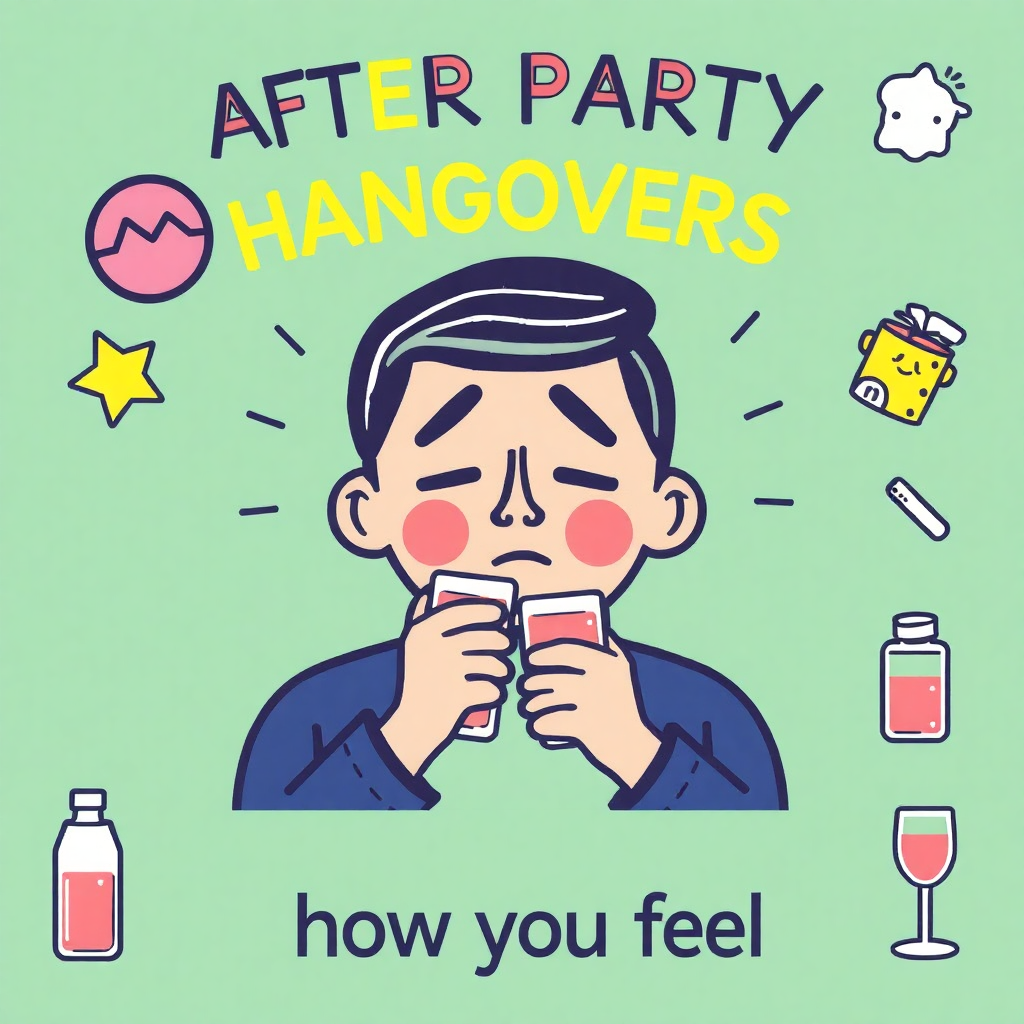
The Comfort-Seeking Brain
Hangovers often leave people desperate for comfort—a greasy bacon-and-egg roll, binge-watching shows, or disappearing into the fluffiness of a couch. Psychologically, this is your brain’s attempt to self-soothe and restore balance. Alcohol depletes serotonin and other feel-good chemicals, leaving you craving anything that might bring them back.
Interestingly, the rituals you gravitate towards during hangovers can become almost sacred. The trusty combo of salty carbs and comedy shows could be your brain’s personalized remedy for navigating the storm.
The After Thought
The Bright Side of Hangover Reflection
Hangovers don’t just make you question your life choices—they also present a valuable opportunity for introspection. In the quiet (or not-so-quiet) aftermath, you might think about your relationship with alcohol, your social connections, or even what’s next for your life. Call it the hangover epiphany, when you’re face-to-face with the consequences of fun, it can spark meaningful self-awareness.
Plus, surviving a hangover offers its own psychological rewards. You’re reminded of your resilience, your ability to laugh it off, and perhaps most importantly, your capacity to promise yourself that next time, moderation might be the way forward.
The Influence of Culture on Hangover Perceptions
How you perceive and cope with a hangover is often shaped by cultural norms. Some societies view hangovers as a badge of honor—proof of a good time—while others see it as a moment of reckoning. Your cultural background may influence whether you laugh it off, power through with a cup of coffee, or seek solace in communal remedies.
Sleep Deprivation and Cognitive Chaos
One major factor that amplifies the psychological effects of a hangover is sleep deprivation. Alcohol disrupts the sleep cycle, especially REM sleep, which is critical for emotional and mental restoration. Waking up after a restless night means your brain is working overtime to process emotions and memories, leaving you feeling foggy and irritable.
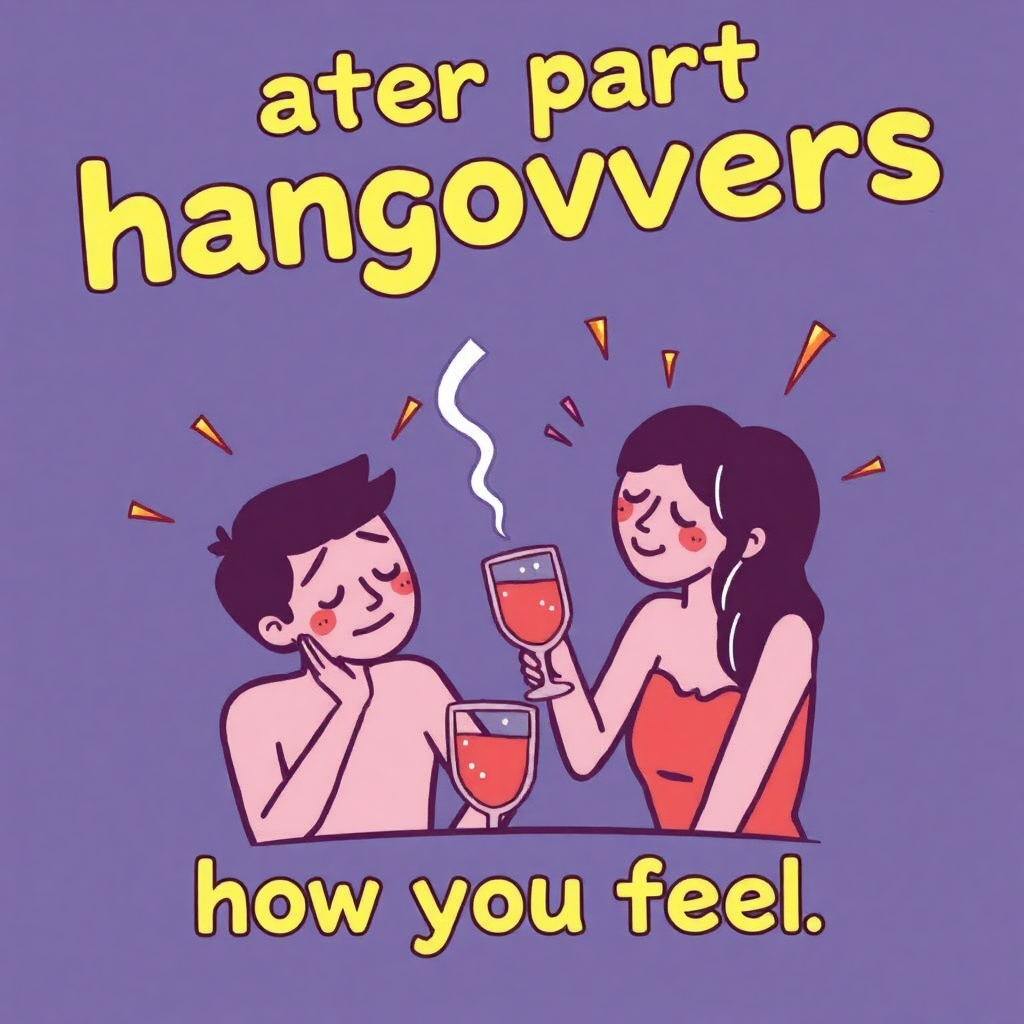
The Battle Between Guilt and Gratitude
Psychologically, hangovers are a battleground of mixed emotions. On one hand, guilt may linger over the excesses of the night. On the other hand, there’s a strange sense of gratitude for having made it through. This duality plays a unique role in how we process the experience and our intentions for the future.
Social Dynamics in Hangover Recovery
Whether it’s commiserating with friends over a greasy breakfast or texting apologies to the group chat, hangovers often bring a social component to recovery. Sharing your hangover experience can alleviate some of the psychological burden by normalizing it. After all, misery loves company, and there’s nothing like a shared laugh over last night’s antics.
Hangovers and the Creativity Spark
Interestingly, the altered emotional state caused by a hangover might open the door to creativity. With your usual cognitive barriers down and emotions running high, you might find yourself thinking in unexpected ways. While you might not feel up to writing a masterpiece, these moments of raw emotion can sometimes spark new ideas or perspectives.
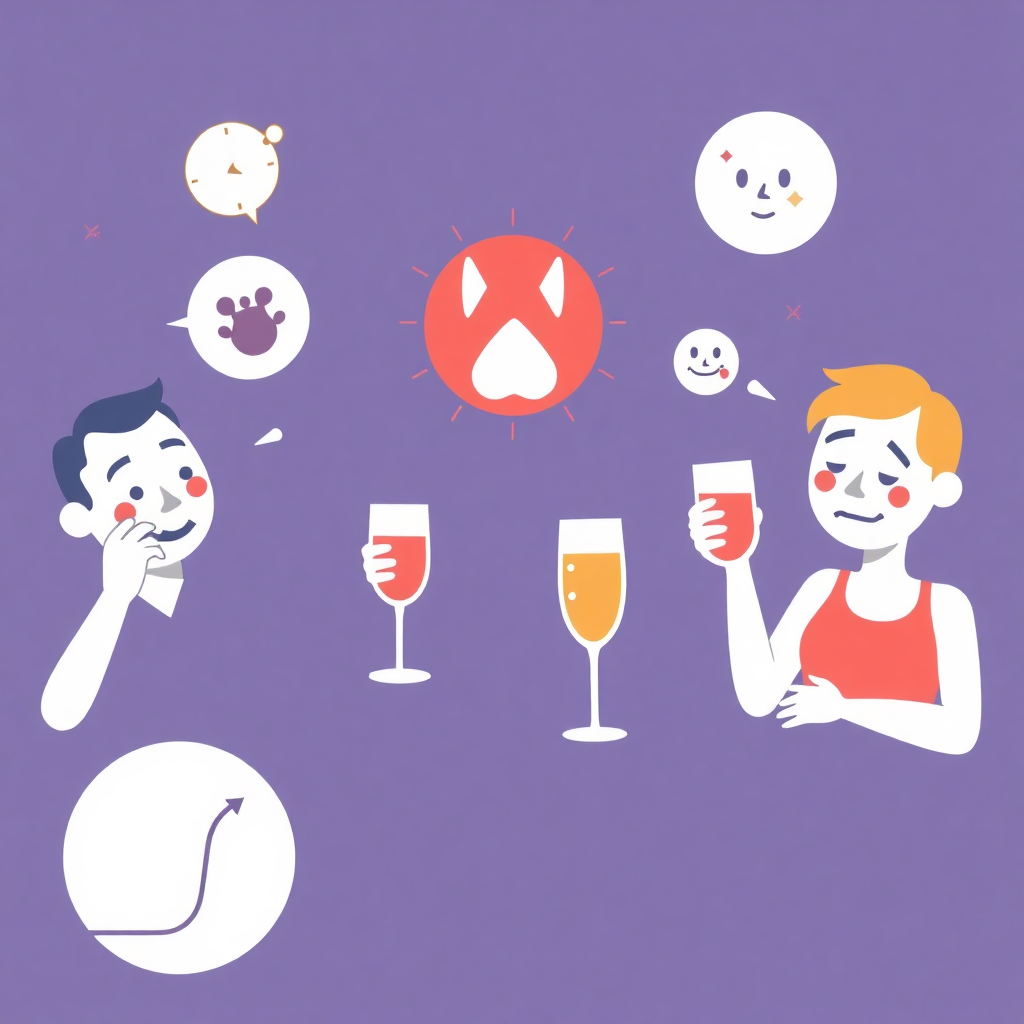
In Conclusion
A hangover isn’t just a physical headache—it’s a psychological cocktail of emotions, reflections, and cravings. Your mind is working overtime to make sense of what happened, how to recover, and how to grow from it. So next time you’re feeling rough after a wild night, remember—your brain is trying to turn that struggle into something meaningful (or at least a story to laugh about later).
Join the Discussion
Hangovers are a universal experience, yet everyone seems to have their own unique way of dealing with them—both physically and mentally. So, what about you? Do you relate to the emotional rollercoaster, or do you have your own hangover rituals that get you through the day? Maybe you’ve had one of those “hangover epiphanies” that changed your outlook on life—or at least made you rethink that last round of drinks.
#Hangover #Alcohol #HangoverPsychology #Hangxiety #MorningAfterThoughts #HangoverGuilt #HangoverCures #EmotionalRollercoaster #HangoverBlues #WhatWasIThinking #BrainFog #SelfReflection #OverthinkingMode #SundayScaries #PostPartyFeels #MindMaze #GreasyFoodCravings #HangoverRecovery #SocialDynamics #HangoverHumor #RelatableFeels #SurvivalMode #CaffeineFix #HangoverCulture #SleepDeprived #MindReset #CreativityBoost #HangoverStories #MoodSwings #HydrationGoals #ComfortFoodVibes #SelfAwareness

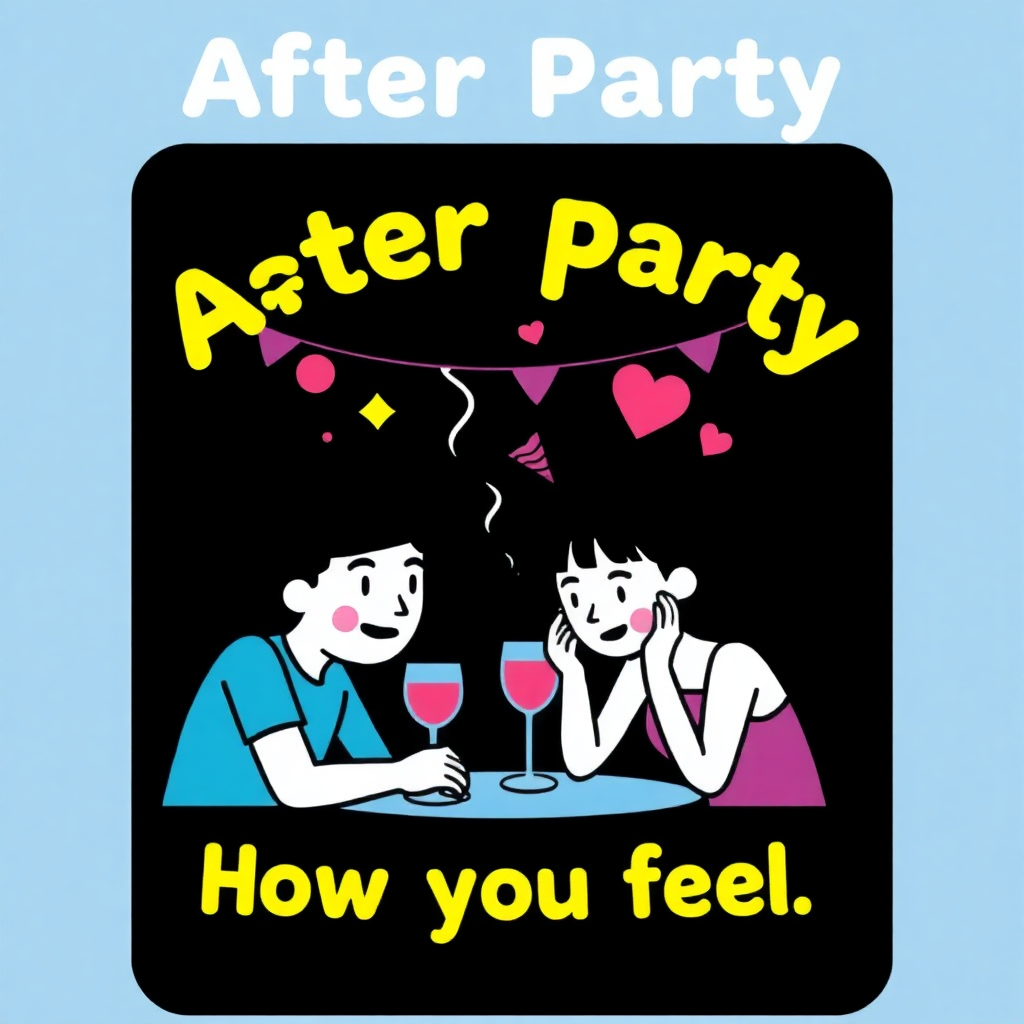
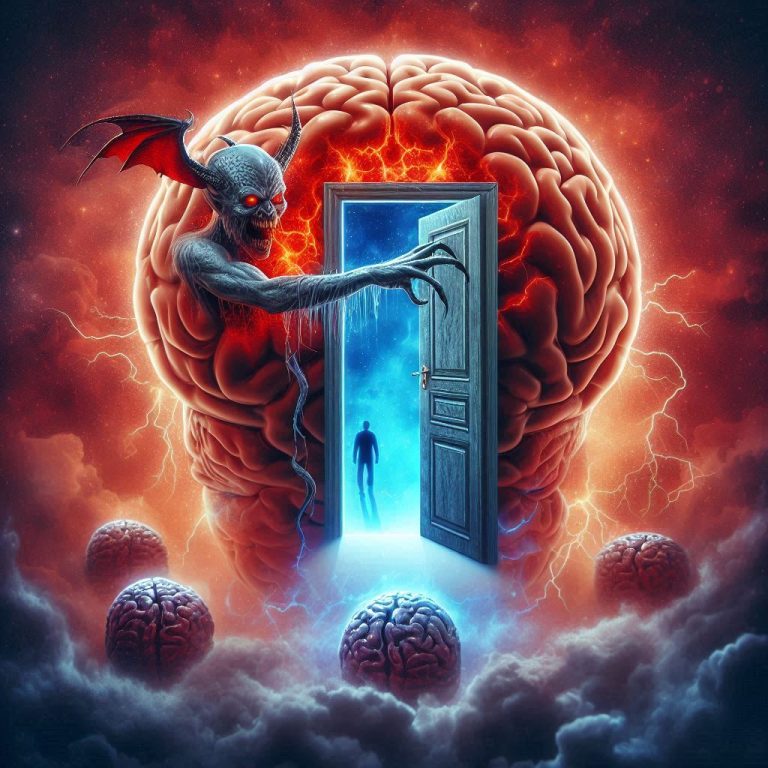
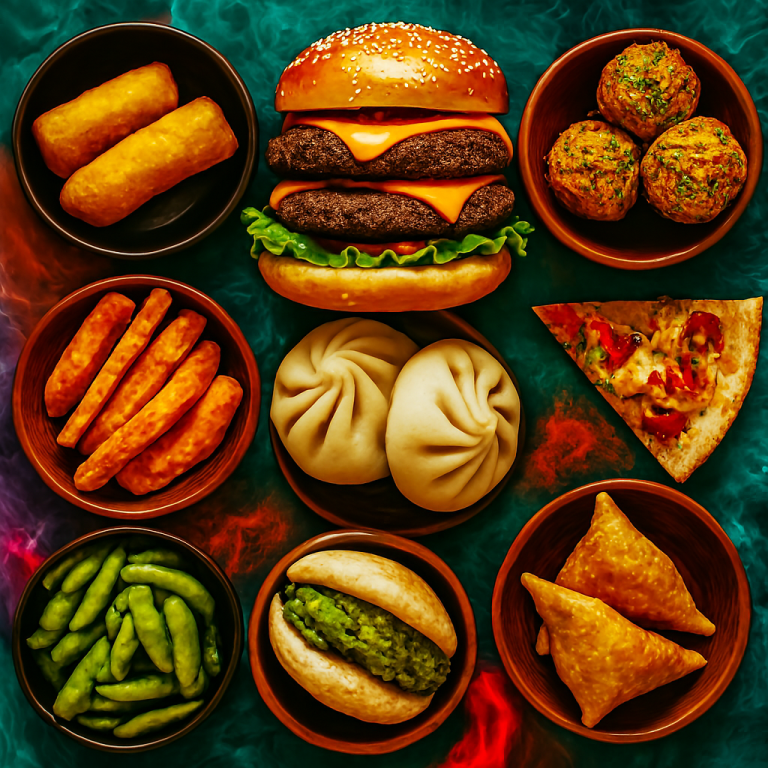
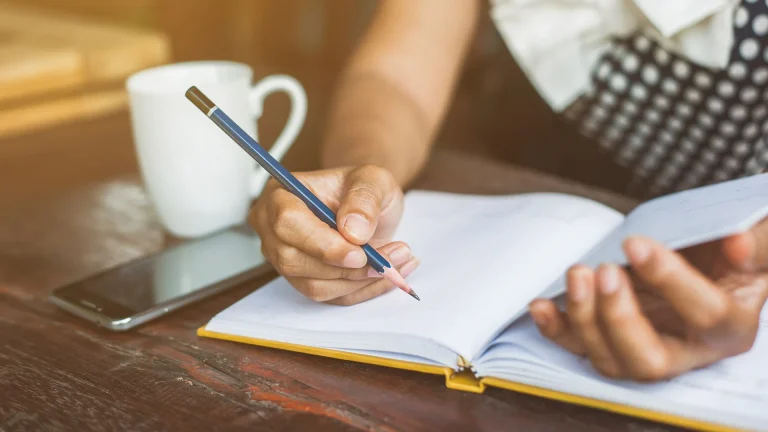
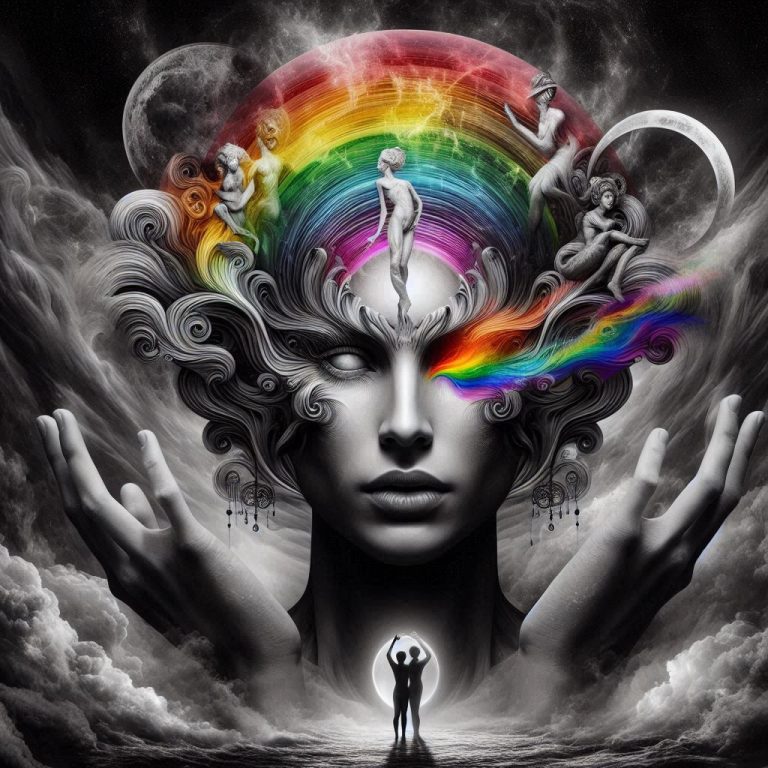
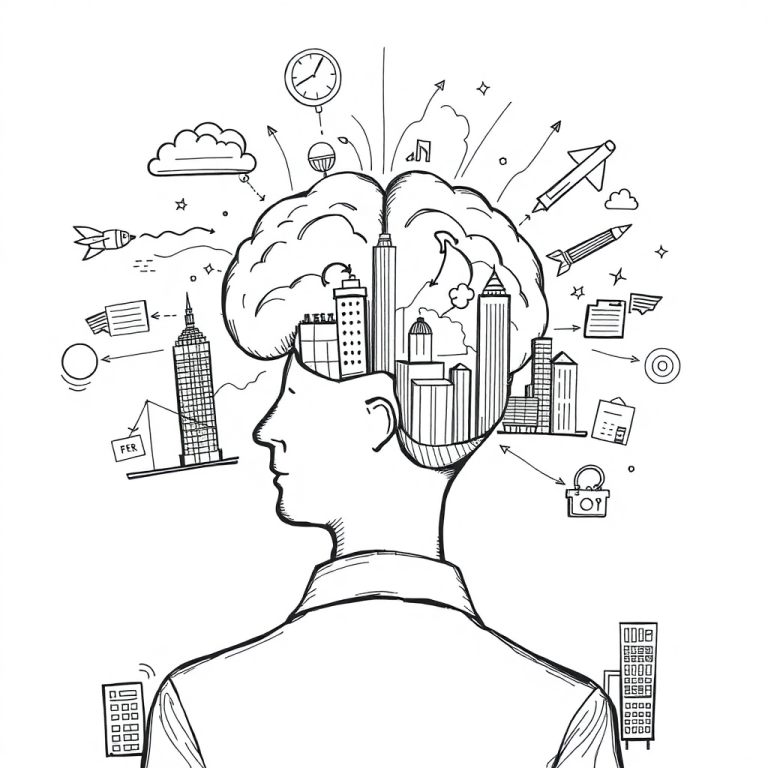

2 Comments